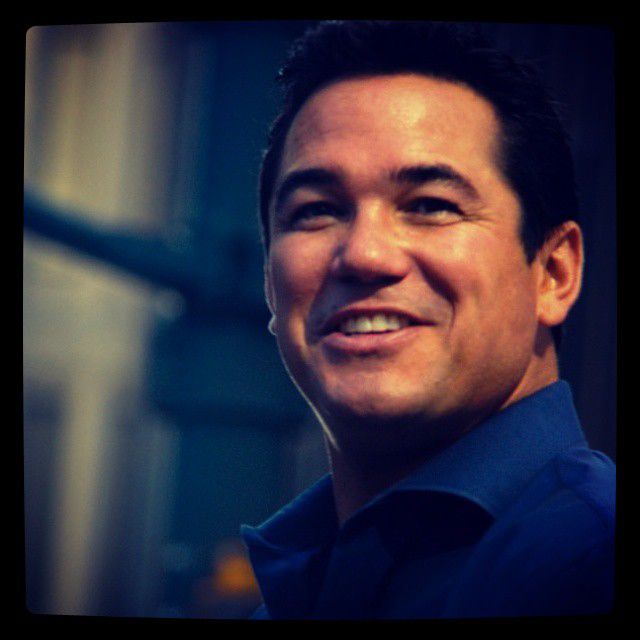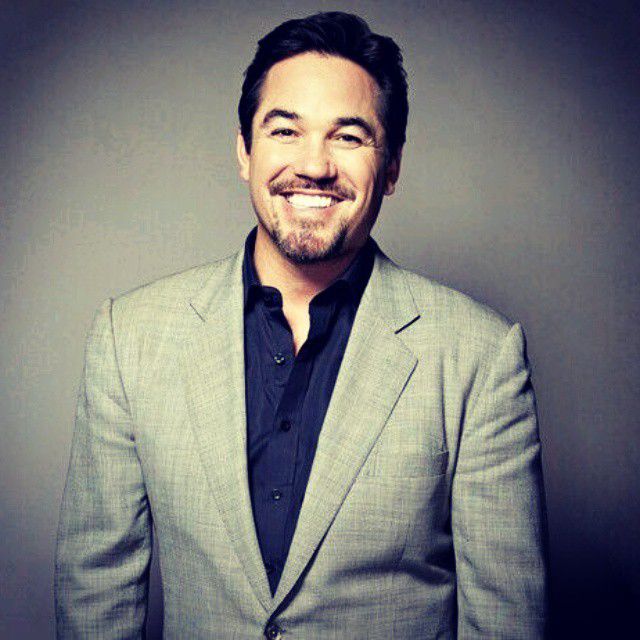Dean Cain, beloved by many for his role as Superman in the 1990s TV series “Lois & Clark: The New Adventures of Superman,” has leapt back into headlines in an unexpected way. This time, the spotlight is not from a blockbuster film or pop-culture event, but due to his intention to join America’s Immigration and Customs Enforcement (ICE) agency. The announcement has stirred debate, drawing strong reactions both in the U.S. and the UK, where Cain remains a familiar figure on screens and in the news.
Who is Dean Cain?
A household name for fans of superhero dramas, Dean Cain portrayed Superman from 1993 to 1997, cementing his legacy as a cultural icon. After “Lois & Clark,” Cain continued to work in film and television, also taking on directing and producing roles. In recent years, he has emerged as an outspoken supporter of conservative causes in the United States, often appearing on news programmes to share his views.
Cain’s Transition from Actor to ICE Agent
In August 2025, Dean Cain revealed on social media and national television that he plans to be sworn in as an ICE agent as soon as possible. His announcement arrived on the heels of a high-profile recruitment drive by the Trump administration, which has made strengthening America’s immigration enforcement a key policy.
Cain’s video pitch urged fellow Americans, especially those with law enforcement backgrounds, to join ICE. He highlighted substantial incentives for new recruits, such as signing bonuses of up to $50,000, student loan forgiveness schemes, and enhanced retirement benefits. ICE, already employing over 20,000 people, is aiming to add 10,000 more staff in a bid to double its workforce and intensify immigration enforcement across the U.S..
What Motivated Cain?
Cain has described his motivation as patriotic duty. In interviews and his own recruitment video, he expressed his belief that America’s immigration system is broken and that action is needed. He noted his background as a sworn deputy sheriff and a reserve police officer, claiming this experience makes him well-suited for the transition to federal immigration enforcement.

Why This Matters in the UK
Cain’s decision has dominated Google search trends in the UK, partly due to his pop culture status and the resonance of immigration debates on both sides of the Atlantic. The contrast between Superman—a fictional immigrant who champions justice—and Cain’s real-life choice to enforce tough immigration policies has not escaped notice. Many have pointed out the irony that an actor famous for playing an alien-turned-hero is now joining an agency at the heart of America’s strict deportation efforts.
Social media reactions in the UK ranged from shock and disappointment to support, reflecting the divisiveness of immigration policy. The story touches on themes that resonate in Britain: national security, patriotism, and how celebrities shape public conversations on politics.
Political and Cultural Backdrop
This move by Cain comes as the U.S. government, under President Trump, ramps up efforts to deport undocumented immigrants. The administration is seeking to increase annual removals to one million, promising stricter enforcement and allocating a record $76 billion to ICE—a sum ten times higher than in previous years.
As ICE’s operations have expanded, so too have public protests, including in cities across the UK that host American consulates. Critics argue that aggressive enforcement infringes civil liberties, sweeps up people legally protected by asylum or work status, and subjects even U.S. citizens to scrutiny.
The Superman Paradox
A consistent theme in UK commentaries and among fans is the tension between Cain’s screen persona and his real-world choices. On social media, British viewers remarked on the “Superman paradox,” arguing that the character Superman, as an immigrant hero, stands at odds with Cain’s new role. Cain, for his part, has dismissed this criticism, maintaining that his decision is about safety and law enforcement rather than Hollywood storytelling.
Notably, the debate intersects with broader discussions in the UK about the responsibilities of celebrities, freedom of expression, and the difference between fiction and reality.
What Happens Next?
Dean Cain has not yet started active duty at ICE, but his application has been fast-tracked, with age restrictions lifted to allow his enlistment. The agency, fuelled by a recent record number of 80,000 applicants for 10,000 positions, is expected to bring Cain into its ranks shortly.
Observers in the UK will watch closely to see how this development affects Cain’s popularity and what influence, if any, it could have on celebrity-led political advocacy. As always, Cain’s journey from screen to public service may shape not just headlines, but the ongoing conversation about immigration, law enforcement, and the roles prominent figures play in political life.
Conclusion
Dean Cain’s announcement marks a dramatic turn in a career once defined by justice and hope on television screens. His new chapter, now entwined with high-stakes immigration enforcement in the U.S., has sparked debate and introspection in the UK and beyond. For many, this news is a reminder that public figures wield significant power in shaping discussion around complex global issues—and that their choices resonate far from home.
Read more: adam obert


